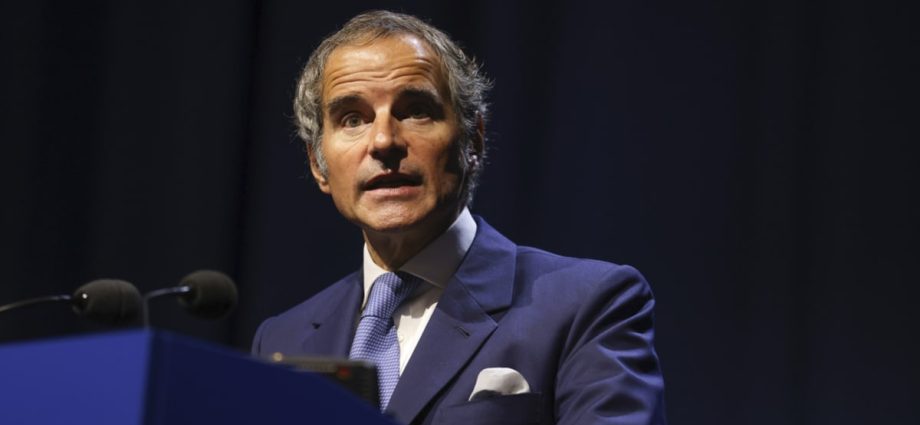
Chinese foreign ministry spokesman Wang Wenbin on Wednesday criticised the move towards discharging the water and threatened action if the plan should move ahead.
“The relevant Chinese government departments will strengthen the monitoring of the ocean environment and inspection of marine products import, so as to ensure the health and food security of the public,” he said, but declined to give specific details on what sort of action the government would take.
China bans seafood imports from 10 prefectures in Japan, including Fukushima and the capital Tokyo. Seafood imports from other prefectures are allowed but must pass radioactivity tests and have proof of being produced outside the 10 banned prefectures.
To assuage international concerns, Grossi said he will follow up his visit to Japan with a tour of South Korea and the Pacific Islands to explain the water will have no negative impact on the environment.
Prime Minister Fumio Kishida said on Tuesday his country would aim to gain acceptance both domestically and internationally with the IAEA’s endorsement.
Kishida may meet with South Korean President Yoon Suk Yeol to explain the water release, when attending the NATO summit meeting in Lithuania next week, the Mainichi newspaper said on Wednesday.
Japan’s foreign minister, Yoshimasa Hayashi, is also preparing to meet his Chinese and South Korean counterparts mid-July on the sidelines of a South-East Asia group summit, the Yomiuri newspaper reported on Wednesday.
Japan says the water has been filtered to remove most radioactive elements except for tritium, an isotope of hydrogen that is difficult to separate from water. The treated water will be diluted to well below internationally approved levels of tritium before being released into the Pacific.

